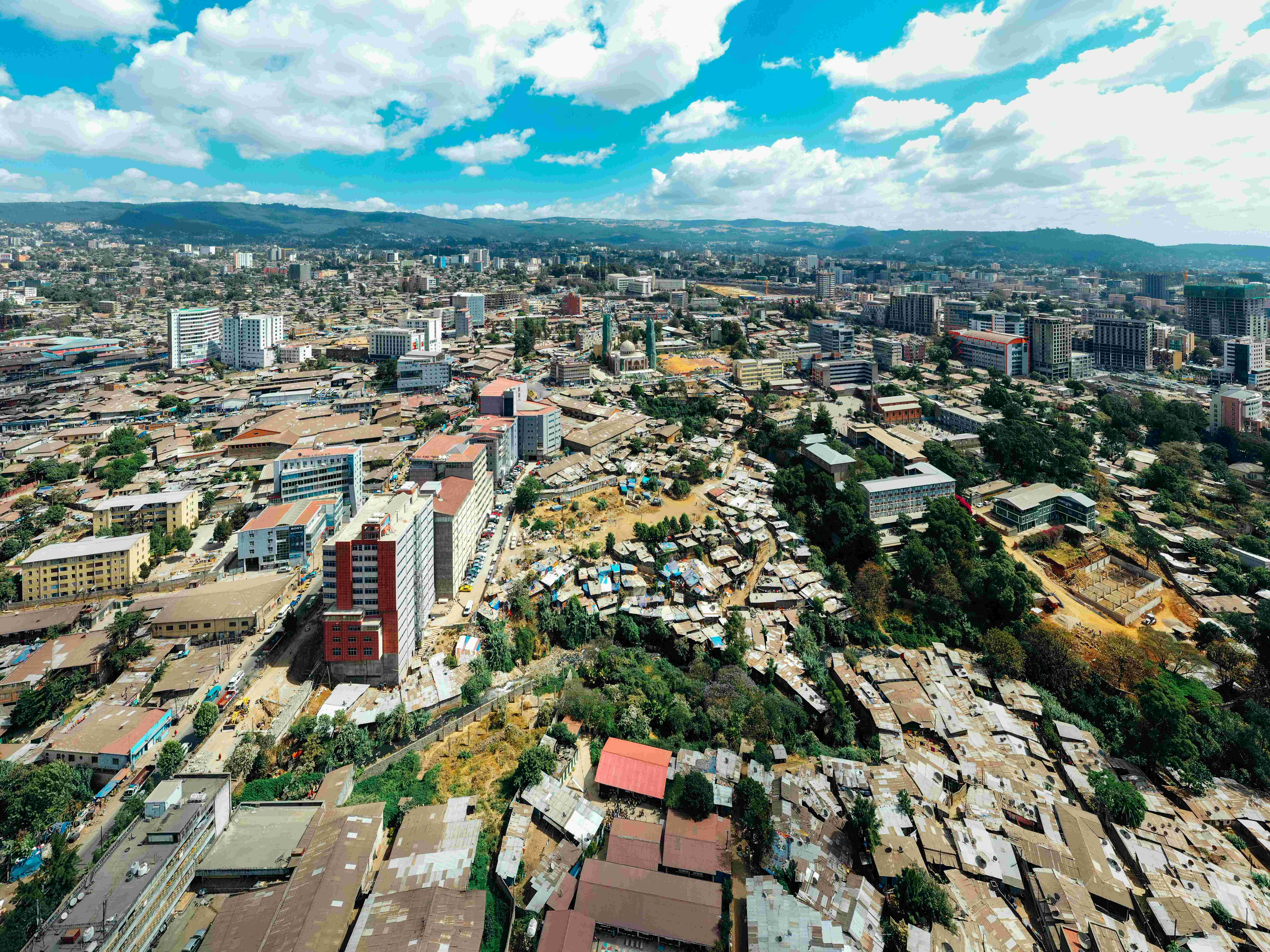Our Mission & Vision
Bridging Africa's infrastructure financing gap and connecting governments with investors to drive sustainable development.

Transforming Africa's Future
Through strategic infrastructure investments
Premier Connector for African Infrastructure
To be the premier connector between African governments and global investors, unlocking $10 billion in infrastructure investments through Public-Private Partnerships (PPPs) by 2030, driving sustainable development and economic growth across the continent.
Bridging the Infrastructure Gap
To bridge Africa's infrastructure financing gap by creating a seamless platform that connects governments with investors, facilitating mutually beneficial PPPs that deliver high-impact projects in energy, transport, water, healthcare, and ICT.
Our Objectives (2025-2030)
Strategic goals that guide our mission to transform Africa's infrastructure landscape
Facilitate $10 Billion in Infrastructure Investments
Connect African governments with global investors to secure funding for critical projects.
Build a Robust Network
Establish a database of 500+ verified investors and 50+ African governments actively seeking PPP opportunities.
Host the Annual Africa Infrastructure Financing Exhibition and Conference
Starting in February 2026, create a premier platform for collaboration and deal-making.
Develop a PPP Knowledge Hub
Provide resources, training, and advisory services to stakeholders.
Drive Impact
Support the delivery of 50+ high-impact infrastructure projects by 2030.
Why Kenya-China Investment and Trade Promotion Conference
Creating value for governments, investors, and the African continent
For Governments
- Access to Capital - Connect with global investors to fund critical infrastructure projects.
- Expert Support - Receive end-to-end advisory services for PPP project preparation and execution.
- Capacity Building - Enhance skills and knowledge through training programs and resources.
- Policy Advocacy - Benefit from AIFEC's efforts to create enabling regulatory environments for PPPs.
For Investors
- Curated Opportunities - Access a pipeline of vetted, high-potential infrastructure projects.
- Risk Mitigation - Gain insights into Africa's regulatory environments and risk management strategies.
- Networking - Connect with governments and other investors at the annual conference and through our digital platforms.
- Impact and Returns - Participate in transformative projects with strong financial returns and social impact.
For Africa
- Accelerated Development - Bridge the $100 billion annual infrastructure financing gap.
- Improved Quality of Life - Enhance access to essential services like energy, water, healthcare, and transport.
- Sustainable Growth - Foster long-term economic development through innovative PPP models.
Data-Driven Insights
Understanding Africa's infrastructure landscape through data and analysis
Africa's Infrastructure Financing Gap
- • Africa's infrastructure financing needs are estimated at 130–170 billion annually, with a financing gap of 68–108 billion.
- • Key sectors requiring investment include energy (40 billion/year), transport (18 billion/year), and water ($10 billion/year).
- • Only 35% of Africans have access to electricity, and 60% lack access to clean water.
Historical Performance of PPPs in Africa
- • PPPs have successfully delivered projects like the Mombasa-Nairobi Standard Gauge Railway in Kenya (3.2 billion) and the Azito Power Plant in Côte d'Ivoire (400 million).
- • Average ROI for infrastructure projects in Africa ranges from 12–20%, depending on the sector and risk profile.
Projected ROI for Investors
- • Energy: Renewable energy projects offer IRRs of 15–25%, driven by high demand and favorable regulatory frameworks.
- • Transport: Toll roads and railways yield IRRs of 10–18%, with long-term revenue stability.
- • Water and Sanitation: Projects in this sector provide IRRs of 8–12%, with significant social impact.